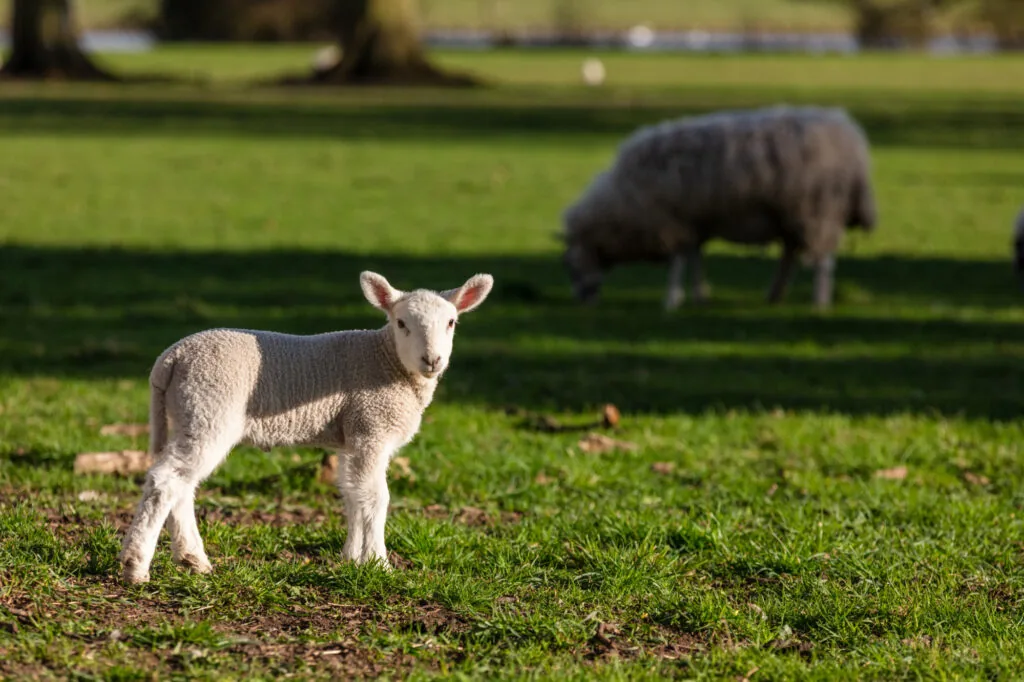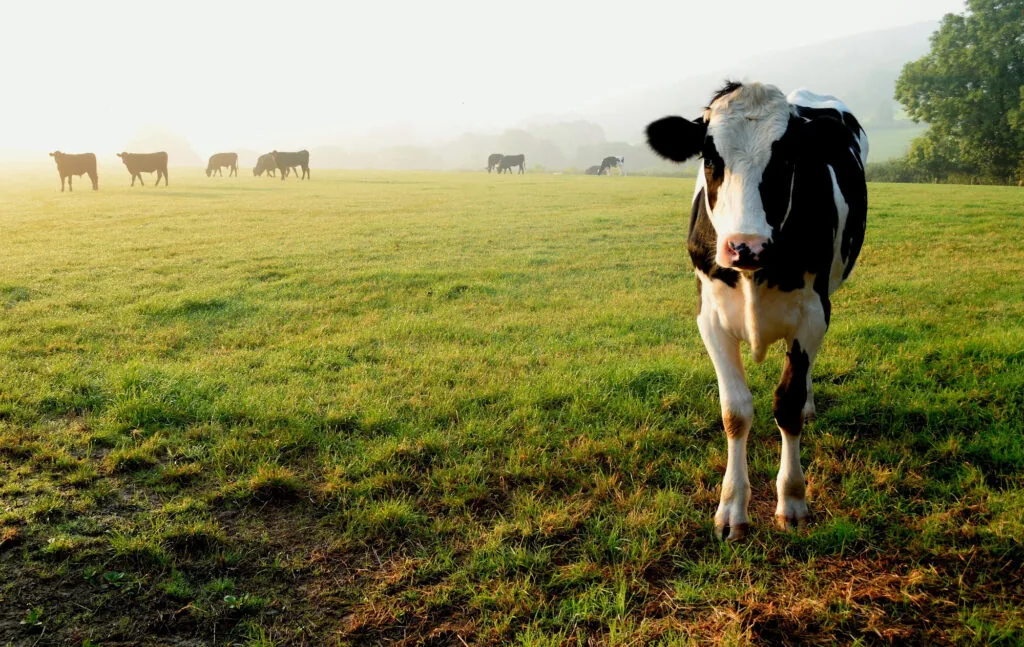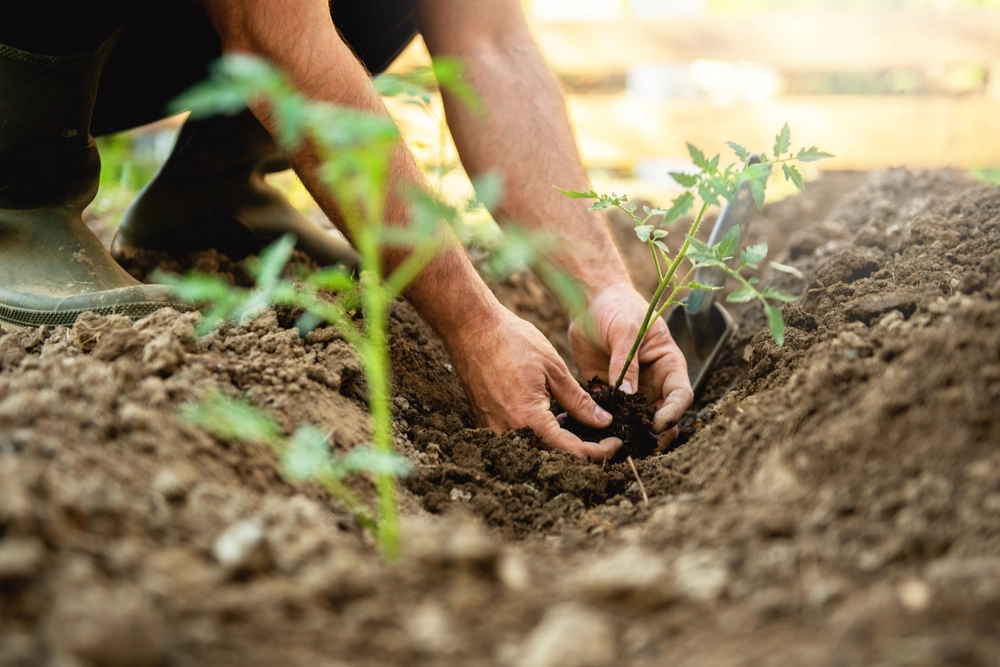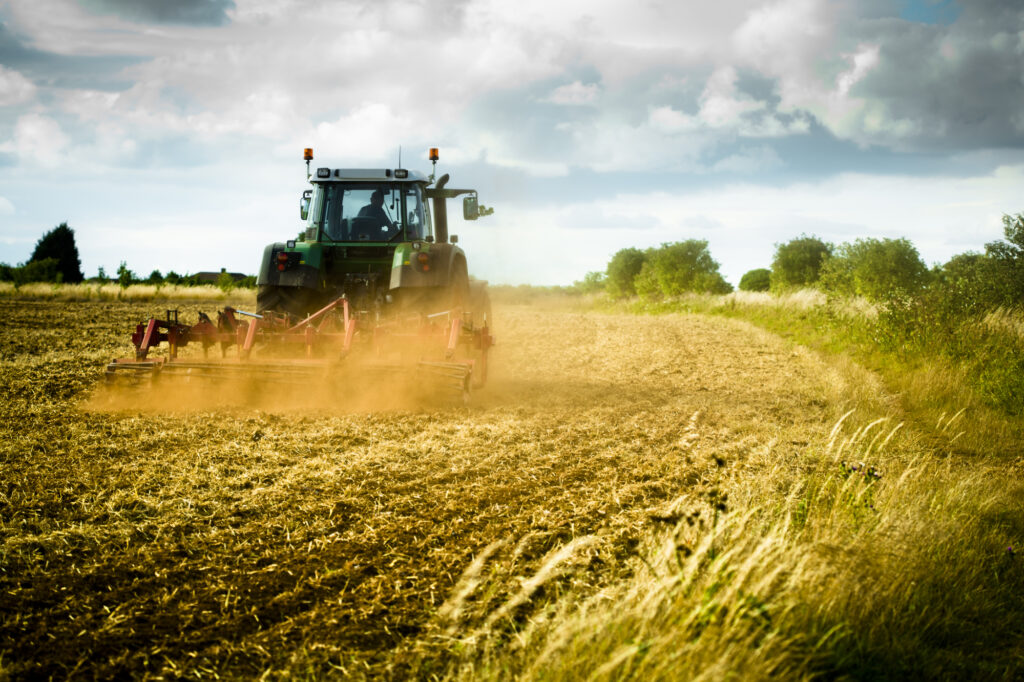
Renewable Energy – the opportunities for landowners in 2022 and beyond

By Edward Venmore, Danielle Spalding, Kutahya Cherry
9 Mar 2022 | 5 minute read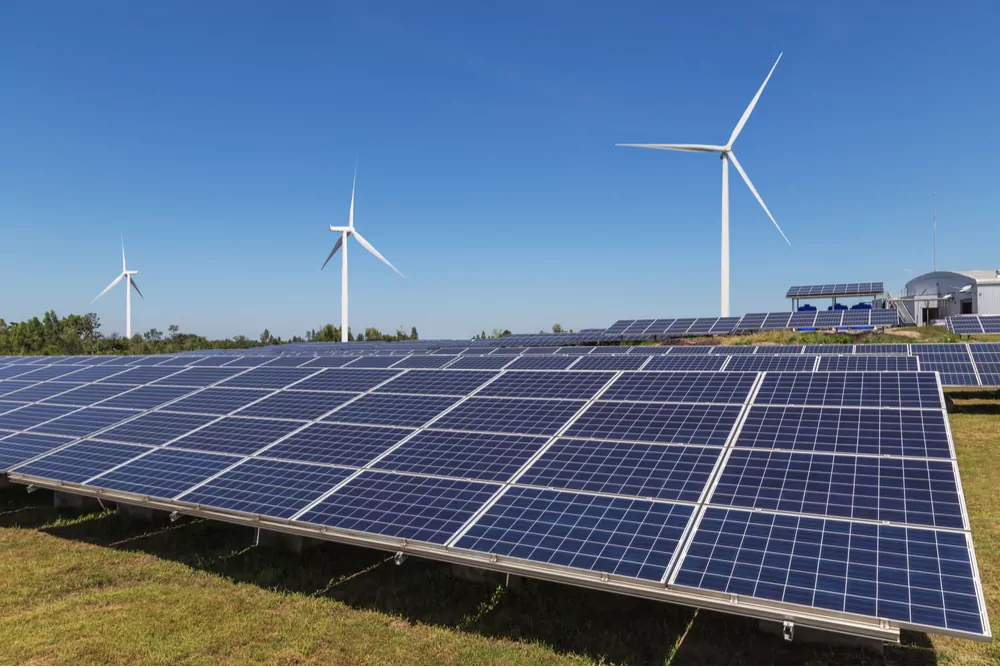
Talking about a (green) revolution
The future of farming is changing. With the COP26 summit bringing countries together to accelerate action, the focus is very much on our climate. Using our natural resources to supply clean energy is something everyone can expect to see a lot more of, in line with the UK's commitment to net-zero goals. The agriculture sector has also pledged to achieve net zero by 2040.
As a result, an increasing number of farmers and landowners are using the sun and wind to produce electricity to use on the farm. Therefore, our rural based landowners and farmers are part of the solution to secure a carbon-free future and an essential element of the agricultural industry's journey to net zero emissions.
The opportunity
There are a wide range of options for renewable energy generation on rural land and whilst not every option will be suitable for every landowner or farmer, renewable energy generation can offer an opportunity to diversify a farm business as well as offsetting emissions from other farm activities and reducing energy costs.
With a substantial amount of land in the UK being flat, open farmland. This is the ideal landscape for renewable energy projects including solar, wind and storage. With UK farmers hit by a shortage of seasonal workers due to the Covid-19 pandemic and Brexit, the increased cost of fertiliser and the pressure of supermarket price wars, the squeeze on farming profits is perhaps tighter than ever.
But the UK's decarbonisation ambitions present landowners with an opportunity. The costs of renewables projects are falling all the time, which means more than ever they are becoming a realistic means of diversifying a farmers' income and an increasingly viable option for renewables companies.
Of course, the transition from traditional farming operators to 'solar farms' for example, is not necessarily a seamless one and there are various concerns that both landowners and renewables companies will want to think carefully about to ensure their partnerships are harmonious and their projects a success.
1. Maintaining the land:
- As stewards of the land, landowners and farmers will naturally be concerned about maintaining and protecting it. Consequentially, the landowner should make clear to the renewables company if they want to retain the right to maintain all or parts of the land during the lease term or whether they expect the company to have maintenance responsibilities.
2. The sun doesn't always shine; the wind doesn't always blow:
- Any landowner thinking about such alternative use for their land should consider this. Therefore, battery storage projects are as important as solar/wind projects.
3. Tying up the land:
- Most projects have long lease terms of 30 to 40 years or more and landowners will be concerned to get a return which justifies tying up the land through such schemes when it could be used for farming and/or other means of development.
4. Return of the land:
- During the negotiation process, the landowner should set out how they expect the land to be returned once the project ends. They should also seek advice on how to ensure that their wishes are protected as against the companies' rights. The condition of the land at the end of the lease term will affect future use of the land and therefore it will be imperative for the landowner to have considered this from the outset.
6. Differing expectations of landowners and tenants:
- Renewables companies are much more understanding of landowners now and all parties do appear to be clearer about what they can realistically expect from each other, but there are some issues on which they may still run at cross-purposes. For example, the landowner may wish to access the land to maintain hedgerows or to get to neighbouring land. Such needs should be made clear to each party early on in negotiations so they can be resolved without issue.
7. Rents:
- The landowner should get professional advice on how the rent will be calculated for the term of the lease to ensure they understand how and what they will be paid in return for the lease of the land. It is common for solar project rents to be calculated on a per acre basis and for battery storage projects to be calculated per megawatt.
5 top tips for renewable energy project success
This is a fast-paced, fast-growing area of economic development in the UK, and we can naturally expect a few bumps along the way but there are some practical steps that both landowners and renewables companies can take to maximise their chances of a successful project.
1. Get the lay of the land
- Location, location, location! The site needs to be suitable and proximity to a connection point is important to keep costs viable. Think about the nature of the project and how much land is required. For example, battery storage doesn't require as much land meaning more is available to farmers for grazing. Think about the potential impact to the use of the land once the project ends. Also think about whether you can afford to tie up the land with schemes or whether it would be more suitable for farming/housing.
2. Talk it out
- Forewarned is forearmed and the parties should have a sensible conversation to ensure that from the outset they have all the information necessary to plan their projects. For example, it is important for the renewables company to know of the existence of third-party rights such as those belonging to agricultural tenants or other rights of way over land.
3. Think it through
- Really think about what you need to put in place to lay the foundations for a successful project, for example, easement rights for cables, rights of access to install cables.
4. Get your paperwork in order
- The need to formalise rights and obligations in legal agreements which provide as best as possible for all scenarios and risks, including termination rights, compensation for crop loss, obligations to make good if land is damaged, removal of equipment at the end of the term, and insurance is key for all parties.
5. Have someone on your side
- Having someone on your side who knows the renewable energy market will make the process a lot easier and hopefully improve your chances of success. Foot Anstey's expert Energy lawyers know the market and can help you on your route to a bright, green future in renewables.
Our Experts in the Field podcast series
You can hear more about this topic in episode 1 of our podcast, Experts in the Field, which can be found below or find out more about the series here.


